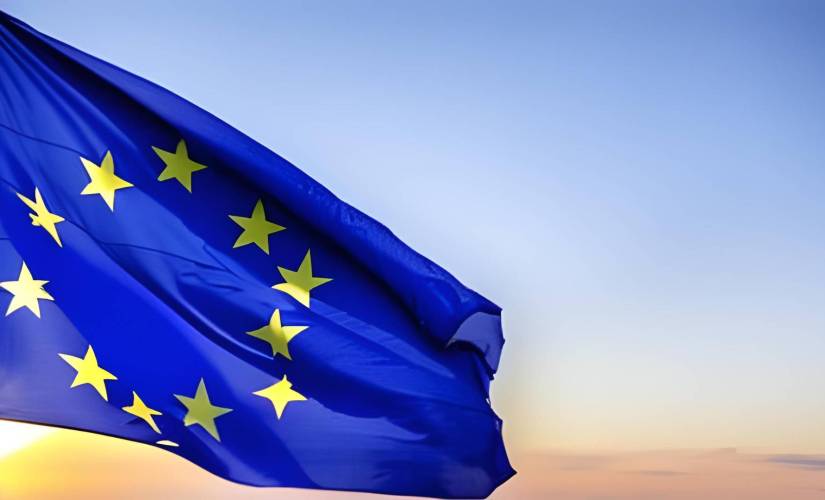An important step has been taken toward establishing one of the first comprehensive regulations to regulate AI by the European Union Parliament. By taking this step, the European Union (EU) has set itself up as a possible role model for authorities throughout the world who are working to establish standards for the quickly developing technology.
See also: ChatGPT: Everything You Need to Know and Timeline of Events
An important legislative milestone has been reached with the European Parliament’s approval of the AI Act draft legislation. Facial recognition apps and other AI systems like ChatGPT are singled out in the bill because of the harm they may potentially do to humans. The AI Act mandates more openness on the part of AI programmers by mandating the disclosure of additional information about the data used to train their systems.
The European Union’s AI Act adopts a risk-based approach to regulation, zeroing in on the most dangerous applications for humans. AI systems used to run essential infrastructure, in the judicial system, and to allocate public services and government benefits all fall under this category. Similar to the medical approval procedure, the law mandates that AI developers perform risk evaluations before releasing their technology to the general public.
In the context of the AI Act, the deployment of facial recognition technology is a hotly contested topic. Although the European Parliament has agreed to prohibit live facial recognition, it is unclear whether any exceptions should be made for national security or other law enforcement purposes. In addition, the measure would make it illegal for businesses to harvest biometric data from social media sites in order to compile databases, a controversial technique that came to light after it was employed by the facial-recognition firm Clearview AI.
Systems that generate content in response to input, such as ChatGPT, are another area of focus for the AI Act. Increased disclosure obligations, such as summaries of protected content used in the system’s training, would be implemented under the new law. To avoid the creation of illicit content, creators of generative AI systems would also need to include protections.
Although the European Union (EU) hopes to take the lead in AI legislation, others have argued that a healthy equilibrium must be maintained between innovation and oversight. The Computer and Communications Industry Association thinks that future AI regulations in Europe should allow for some wiggle room for developers to create beneficial AI applications while still addressing clearly stated concerns.
Following the European Parliament’s acceptance, the European Commission and the Council of the European Union will negotiate a final version of the AI Act. Officials are targeting the end of the year for a final deal.
The European Union Parliament’s recent measures provide a potential blueprint for other countries dealing with the issues of AI advancement as Europe moves forward with its suite of AI rules. The European Union is making a significant move toward citizen protection and technological advancement in the field of artificial intelligence with the passage of the AI Act.
First reported by: The Washington Post , The NY Times





